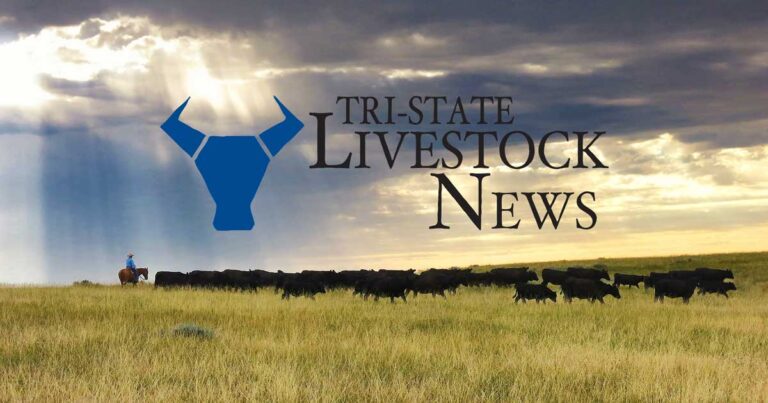The White House today announced a joint policy statement and new principles for responsible participation in voluntary carbon markets (VCMs), which the administration said “codifies the U.S. government’s approach to advancing high-integrity VCMs.”
Secretary of Agriculture Tom Vilsack signed the principles and declaration, along with Treasury Secretary Janet Yellen, Energy Secretary Jennifer Granholm, Senior Advisor for International Climate Policy John Podesta, National Economic Advisor Lael Brainard and National Climate Advisor Ali Zaidi. The White House said the signed Principles and Statement “represent the U.S. government’s commitment to advancing the responsible development of VCMs, with clear incentives and guardrails to ensure this market drives ambitious and credible climate action and generates economic opportunity.” ”
“As leaders of U.S. federal departments and offices, we have issued this statement and its accompanying principles on VCMs because we believe they can and should play a meaningful role in facilitating global reductions and eliminations of greenhouse gas (GHG) emissions ‘) and in helping to achieve global goals. net-zero emissions by 2050 and limit warming to 1.5 degrees Celsius,” the officials, including Vilsack, wrote.
“While VCMs remain relatively small today, they have the potential to grow in the coming years and channel a significant amount of private capital to support the energy transition and combat climate change, with the right incentives and guardrails.”
At the same time, we believe that fully realizing the potential of these markets requires further action to address the challenges that have emerged, promote robust supply and demand standards for carbon credits (“credit”), improve market functioning and to ensure fair and equitable treatment of all. participants, and generate the necessary market confidence.”
In a fact sheet, the White House noted several actions by the Department of Agriculture that are “creating new climate opportunities for American farmers and landowners.”
The fact sheet states that the USDA’s Agricultural Marketing Service (AMS) published a Request for Information (RFI) today in the newspaper federal register soliciting public input regarding the protocols used in VCMs.”
This RFI is USDA’s next step in implementing the Greenhouse Gas Technical Assistance Provider and Third-Party Verifier Program as part of the Growing Climate Solutions Act,” the White House said.
“In February 2024, USDA announced its intention to establish the program, which will help lower barriers to market participation and enable farmers, ranchers and private forest landowners to participate in voluntary carbon markets by helping to identify high-integrity protocols for generating carbon credits. which are designed to ensure consistency, effectiveness, efficiency and transparency.”
The program will connect farmers, ranchers and private landowners with resources from trusted third-party verifiers and technical assistance providers. This announcement followed an earlier USDA report, The General Assessment of the Role of Agriculture and Forestry in the US Carbon Markets, which described how voluntary carbon markets can serve as an opportunity for farmers and forest landowners to reduce emissions.
“In addition to USDA AMS’s work to implement the Growing Climate Solutions Act, USDA’s Forest Service recently announced $145 million in awards under President Biden’s Inflation Reduction Act to disadvantaged and small forest landowners to address climate change, while also supporting rural economies and land tenure for future generations through participation in VCMs.”
The White House also pointed out that the Commodity Futures Trading Commission “proposed new guidance at COP28 [the 28th United Nations Climate Change Conference] to outline factors that derivatives exchanges can take into account when listing voluntary carbon credit derivatives contracts to promote the integrity, transparency and liquidity of these developing markets.”
In addition, the fact sheet mentioned the government’s involvement in various international actions. It said the State Department “helped find and continues to coordinate the U.S. government’s participation in the LEAF Coalition, the largest public-private VCM effort, which uses jurisdictional-scale approaches to help end tropical deforestation.”
It said: “The U.S. Agency for International Development also has a number of programs that provide financial assistance and technical assistance to projects and programs seeking to generate carbon credits in developing markets, ensuring that projects meet the highest standards of transparency, integrity, reliability, safety and results and that they fairly benefit indigenous peoples and local communities. “This work includes the Acorn Carbon Fund, which is mobilizing $100 million to unlock access to carbon markets and build climate resilience for smallholder farmers, and to support the development of a high-integrity carbon market in a number of developing countries.”
If The New York Times As noted today, many questions have been raised about whether voluntary carbon markets work.
–The Hagstrom Report


